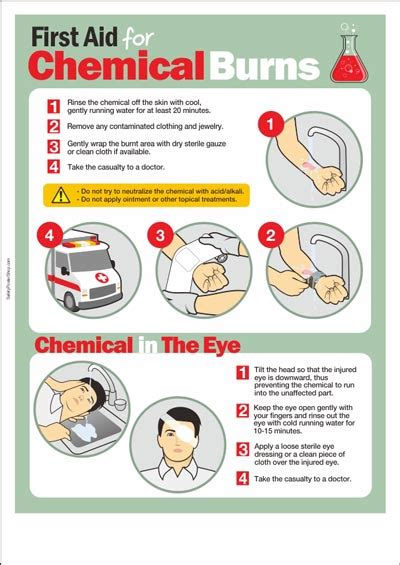Do I Have Strep Throat

Strep throat, also known as streptococcal pharyngitis, is a highly contagious infection caused by the group A Streptococcus bacteria. It’s essential to determine whether you have strep throat or another type of sore throat to receive the proper treatment. Here’s a comprehensive guide to help you understand the symptoms, diagnosis, and treatment of strep throat.
Symptoms of Strep Throat
Strep throat typically starts with a sudden onset of symptoms, which can include:
- Severe sore throat
- White or yellow patches on the tonsils
- Swollen, tender lymph nodes in the neck
- Fever, usually above 101°F (38.3°C)
- Headache
- Stomachache
- Nausea or vomiting
- Loss of appetite
- Fatigue
It’s crucial to note that not everyone with strep throat will exhibit all of these symptoms. Some people may have a mild case, while others may experience more severe symptoms.
How to Diagnose Strep Throat
To diagnose strep throat, your healthcare provider will typically perform a physical examination and take a thorough medical history. They may also use one or both of the following tests:
- Rapid Streptococcal Antigen Test: This test involves swabbing the throat to collect a sample, which is then tested for the presence of group A Streptococcus antigens. The results are usually available within 10-15 minutes.
- Throat Culture: This test involves swabbing the throat to collect a sample, which is then sent to a laboratory for culturing. The results usually take 24-48 hours to become available.
Treatment for Strep Throat
If you’re diagnosed with strep throat, your healthcare provider will typically prescribe antibiotics to treat the infection. The most commonly prescribed antibiotics for strep throat are:
- Penicillin
- Amoxicillin
- Azithromycin (for those allergic to penicillin)
It’s essential to complete the full course of antibiotics, even if your symptoms improve before finishing the treatment. This ensures that the infection is fully cleared and reduces the risk of complications.
Complications of Untreated Strep Throat
If left untreated, strep throat can lead to several complications, including:
- Rheumatic Fever: A rare but potentially life-threatening condition that can cause damage to the heart, joints, and nervous system.
- Kidney Inflammation: A condition known as post-streptococcal glomerulonephritis, which can cause kidney damage.
- Abscesses: Pus-filled pockets that can form in the throat, which may require drainage.
- Sinusitis: Infection of the sinuses, which can cause headaches, congestion, and facial pain.
Home Remedies and Self-Care
While antibiotics are necessary to treat strep throat, there are several home remedies and self-care strategies that can help alleviate symptoms:
- Stay Hydrated: Drink plenty of fluids, such as water, tea, or soup, to help soothe a sore throat.
- Rest: Get plenty of rest to help your body recover from the infection.
- Use a Humidifier: A humidifier can help add moisture to the air, which can soothe a sore throat.
- Gargle with Salt Water: Mix 1⁄4 teaspoon of salt with 8 ounces of warm water and gargle several times a day to help reduce swelling and kill bacteria.
- Use a Warm Compress: Apply a warm, damp washcloth to the throat to help reduce pain and discomfort.
How long does it take to recover from strep throat?
+Most people with strep throat can recover within 7-10 days, although it may take up to 2 weeks to fully recover. It's essential to complete the full course of antibiotics and follow your healthcare provider's instructions for proper recovery.
Can I still go to work or school if I have strep throat?
+No, it's recommended to stay home from work or school until you've been on antibiotics for at least 24 hours and your symptoms have started to improve. This helps prevent the spread of the infection to others.
Can I prevent strep throat from spreading to others?
+Yes, you can help prevent the spread of strep throat by practicing good hygiene, such as washing your hands frequently, covering your mouth and nose when coughing or sneezing, and avoiding close contact with others.
In conclusion, strep throat is a contagious infection that requires proper diagnosis and treatment. If you suspect you have strep throat, it’s essential to consult with your healthcare provider to determine the best course of action. By following the treatment plan and practicing good hygiene, you can help prevent the spread of the infection and ensure a swift recovery.


